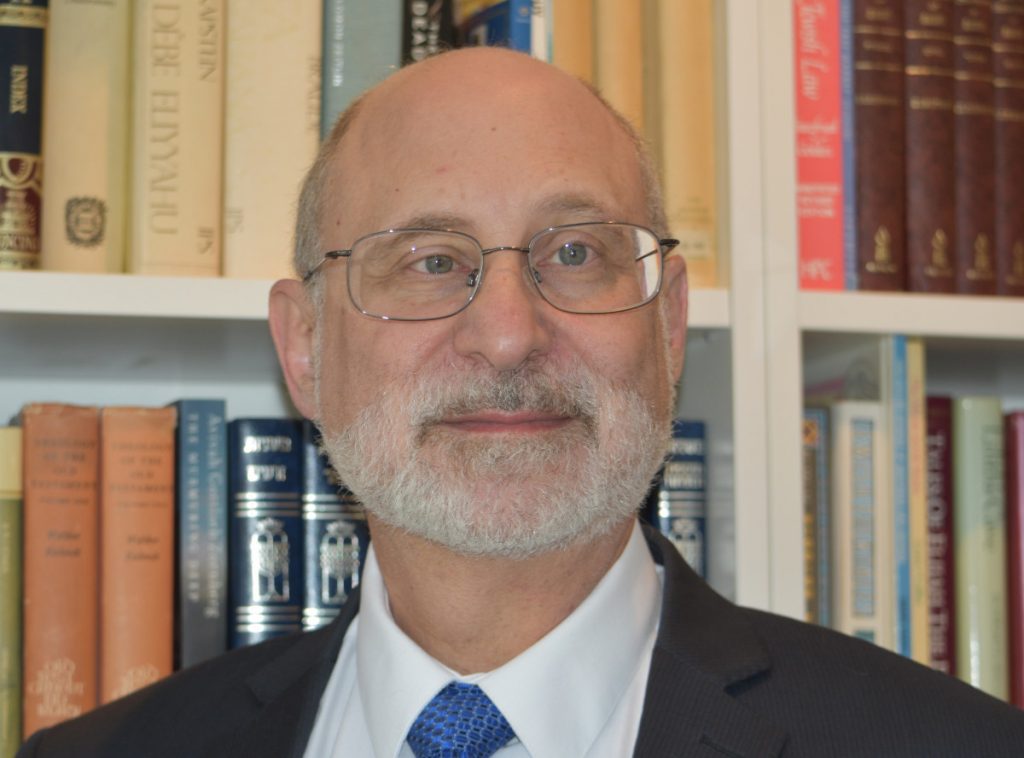
James Buckser
Staff writer
Rabbi Glenn Jacob wants people of faith to engage with climate change.
The executive director of the New York affiliate of Interfaith Power and Light, a lead lobbyist for the NY Renews Climate coalition, and the spiritual leader of the Congregation Shir Chadash, Jacob will speak on the theme of faith and the environment at 2 p.m. today in the Hall of Philosophy. This event will open Week Five of the Interfaith Lecture Series and its theme, “Religious and Ethical Infrastructure.”
Interfaith Power and Light is a national organization with affiliates across the country. Its goal is to “organize the religious community to fight for climate change legislation, regulation, and steps on the ground to go green,” Jacob said.
In New York, Interfaith Power and Light has “two major thrusts,” Jacob said. The first is helping congregations organize internally to each have a green team, in order to “join the process of becoming cognizant of what it means to reduce your carbon footprint and why it’s important as a religious person.”
“The other thrust of our work is advocacy,” Jacob said. “We have a very short time to address the fossil fuel industry, who are the largest carbon footprint in the world, and that can only be done through the legislative process.”
As a member and “one of the early, early joiners” of the NY Renews Climate Coalition, Jacob sits on the organizing committee, which he said is the “second committee,” and is a lead lobbyist. Jacob said the organization does grassroots, not professional, lobbying.
In addition to his work in activism, Jacob is also a spiritual leader, returning to the congregation after an absence because of a natural disaster.
“After Superstorm Sandy, I could no longer ignore the crisis that’s climate change,” Jacob said.
As part of his TED Talk, “God in the Public Square,” Jacob discussed the idea of non-theistic belief in God. For theistic belief, Jacob said, two criteria must be filled. One, a belief that “God is a self-cognizant entity,” and two, that “God intervenes in the world or history.”
“If you don’t believe one of those two criterion, but you believe in God, then you’re a non-theist by definition,” Jacob said. “The point of that presentation for the TED Talk was really to address the bias in American politics against what most people believe about God … and how it really can be an important positive force in the political landscape of the United States.”
In his talk today, Jacob said he will bring a “set of arguments” about how “necessary it is that people of faith engage in the climate change issue in the United States,” and that having a religious voice is a “fundamental necessity.”
Jacob hopes that his talk inspires Chautauquans to get involved.
“I want them to get out of the pew,” Jacob said. “I want them to take up the traditions of their denominations, which already have beautiful essays on the theology of climate change, and act.”
Jacob said in the climate sphere, there is a push for “doomer-ism,” people saying that “we’re already doomed, don’t bother.”
“That is anathema to all of the religious traditions, all of the healthy religious traditions that are prominent in the United States,” Jacob said. “The answer is no, our traditions tell us, we always go forward.”




